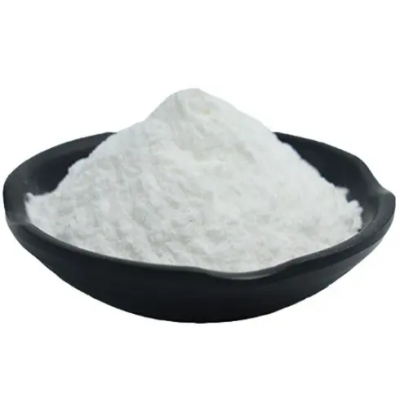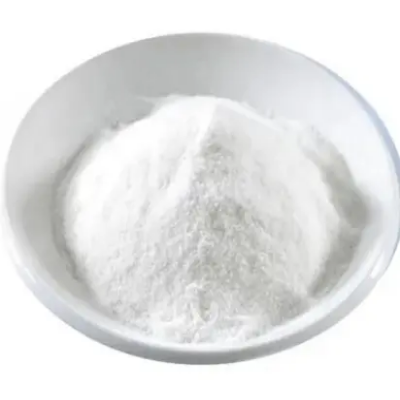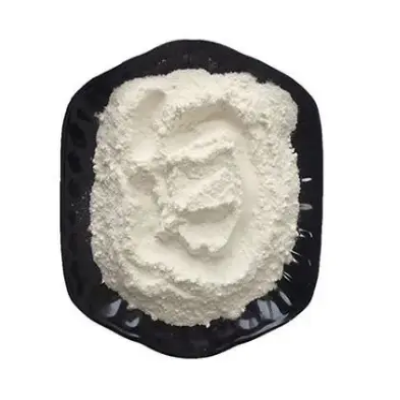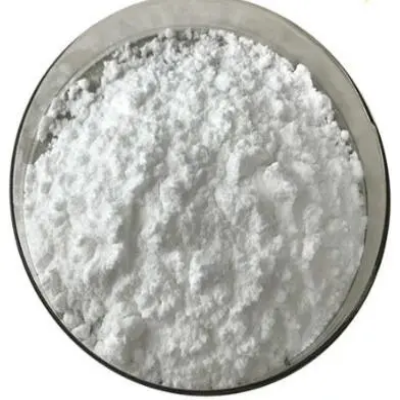Isopropylmagnesium chloride CAS:1068-55-9
Isopropylmagnesium chloride (C₃H₇MgCl) is a key member of the Grignard reagent family, characterized by its isopropyl group attached to a magnesium atom, which is coordinated with a chlorine atom. The molecular structure imparts distinctive reactivity properties, making isopropylmagnesium chloride an invaluable compound in organic synthesis. One of the primary uses of isopropylmagnesium chloride lies in its role as a nucleophile. Due to its strong nucleophilic nature, it readily reacts with a variety of electrophiles, particularly carbonyl compounds such as aldehydes and ketones. When isopropylmagnesium chloride interacts with these electrophiles, it undergoes nucleophilic addition, leading to the formation of secondary or tertiary alcohols, depending on the carbonyl substrate used. For example, the reaction of isopropylmagnesium chloride with formaldehyde yields a secondary alcohol, whereas its reaction with acetone produces a tertiary alcohol. These resultant alcohols serve as crucial intermediates in the synthesis of more complex organic molecules, enabling further transformations and functional group modifications. Beyond its reactivity with carbonyl compounds, isopropylmagnesium chloride can also engage in reactions with epoxides, nitriles, and other electrophilic species. This versatility allows chemists to create a diverse range of molecular architectures, which are important in the synthesis of bioactive natural products and pharmaceutical agents. Moreover, isopropylmagnesium chloride is instrumental in building branched hydrocarbons. By reacting this Grignard reagent with various electrophiles, chemists can elongate carbon chains or introduce functional groups that enhance the properties of the final products, contributing to innovations in specialty chemicals and polymer science. However, handling isopropylmagnesium chloride requires caution due to its sensitivity to moisture and air. It must be stored and used under strictly anhydrous conditions to prevent hydrolysis, which can generate flammable gases and pose safety hazards. Employing inert atmospheres during reactions is critical to ensure safety and effectiveness. In summary, isopropylmagnesium chloride is a powerful and versatile reagent in organic synthesis, prized for its ability to form carbon-carbon bonds and generate a wide array of functionalized products. Its unique properties enable chemists to explore complex synthetic pathways, making it invaluable across various sectors, including pharmaceuticals, agrochemicals, and materials science. A thorough understanding of its reactivity and applications enhances synthetic strategies and significantly contributes to advancements in chemical research.



| Composition | C3H7ClMg |
| Assay | 99% |
| Appearance | white powder |
| CAS No. | 1068-55-9 |
| Packing | Small and bulk |
| Shelf Life | 2 years |
| Storage | Store in cool and dry area |
| Certification | ISO. |









